If you experience financial hardship to the point where you are unable to pay down your debt and afford basic living expenses, you may consider filing for bankruptcy. There are two types of bankruptcies for which consumers can file: Chapter 7 and Chapter 13.
Chapter 7, also known as a liquidation bankruptcy, clears you of any obligation to repay most unsecured debts. Chapter 13, on the other hand, is a repayment bankruptcy. In Chapter 13, you must pay what you can of your disposable income to the bankruptcy trustee, who will distribute it to your creditors accordingly. To determine which type of bankruptcy is right for you, the bankruptcy courts will administer the means test.
The means test
According to NerdWallet, the bankruptcy courts administer the means test to give them an accurate picture of a debtor’s ability to repay all or a portion of his or her outstanding debt. The courts designed the test to reduce the number of Chapter 7 bankruptcy filers. The test takes into account a person’s expenses, income and family size to decide whether he or she has enough income left over to put toward the debt.
How the means test works
The means test has two parts. The first determines if your household’s total income falls below the state’s median. To help with this part of the test, you must present as much documentation as possible regarding your income over the past six months. The courts may make adjustments for recent changes in income, such as a loss of income or even an increase in income. If you pass this first step, you qualify for Chapter 7 bankruptcy.
Only 12% of bankruptcy filers pass the means test in the first step. The rest of filers move onto step two.
In step two, the bankruptcy courts consider both a filer’s total income and “allowable” expenses. Allowable expenses include items such as groceries, rent or mortgage payments, clothing and medical costs. Both local standards and the IRS’s standards help each court determine what is “allowable.”
Armed with your income statements and expense sheets, the first will subtract your total expenses from your total income to come up with your disposable income. If the courts determine your disposable income is low enough, you may qualify for Chapter 7.


